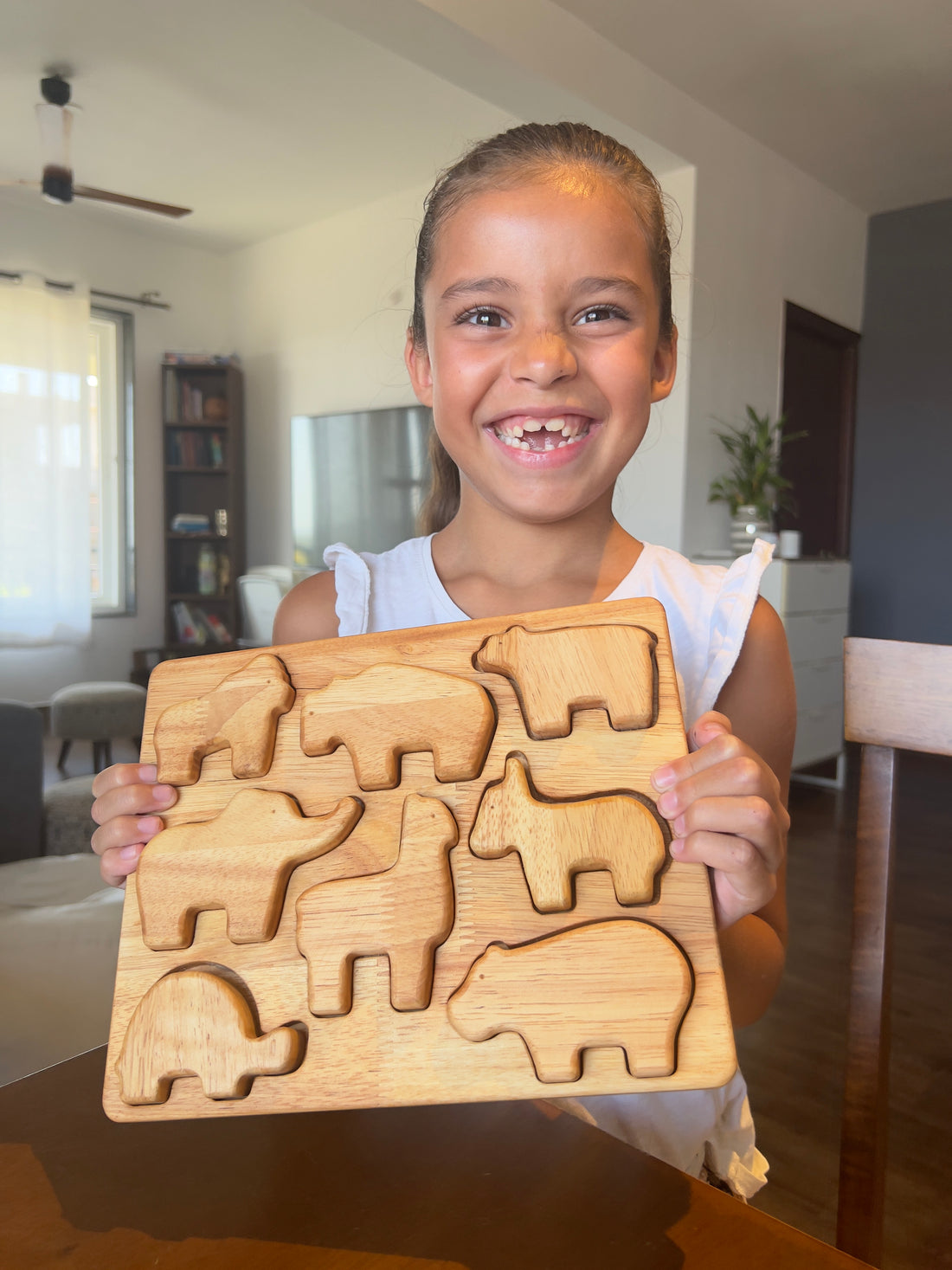Setting the Stage for Creativity and Exploration
Firstly, it's crucial to understand that play is not just an activity to keep children busy; rather, it is an essential tool for cognitive, emotional, and social development. Specifically, open-ended play offers unparalleled opportunities for children to learn, explore, and connect with their environment. Unlike structured play, which follows predetermined rules and objectives, open-ended play invites creativity and imaginative problem-solving.
Cognitive Benefits: More Than Just Child's Play
Remarkably, open-ended play goes beyond just keeping children entertained. By allowing them the freedom to interact with their surroundings without specific goals or rules, you're nurturing their cognitive development. Essentially, children learn to think critically, develop reasoning abilities, and tackle problem-solving when they engage in open-ended play. For instance, a simple set of wooden blocks can become a castle, a spaceship, or a sprawling city, depending on the child's imagination. Consequently, they learn to think outside the box and adapt to different scenarios.
Emotional Wellbeing: A Safe Space to Express and Explore
Furthermore, open-ended play offers a therapeutic space for children to express their emotions. When they create something out of their imagination, they are not only building a physical structure but also a conceptual framework for understanding the world. Additionally, playing without rigid guidelines minimizes the stress of meeting certain expectations or rules. Therefore, they can explore their feelings and understand how to manage them in a supportive setting.
Social Skills: Fostering Collaboration and Communication
Moreover, when children participate in open-ended play with peers, they learn valuable social skills such as collaboration, communication, and empathy. During play, kids have to negotiate roles, share resources, and solve conflicts. For example, if two children both want to be the captain of a pretend pirate ship, they'll need to communicate and possibly compromise. As a result, they acquire skills vital for navigating complex social dynamics in later life.
Language Development: The Building Blocks of Communication
Additionally, as children describe their imaginative worlds or negotiate roles with their peers, they enhance their vocabulary and understanding of language structures. Think of it this way: when a child creates a fantasy world with its own set of rules, they often explain it in their own words. As they do so, they pick up new vocabulary, grammatical rules, and the art of storytelling. Thus, open-ended play serves as an organic, engaging form of language development.
Physical Development: More Than Meets the Eye
Moreover, physical benefits accompany open-ended play as well. When children manipulate objects, run around, or build structures, they are developing their motor skills. Even something as simple as molding clay can enhance their fine motor skills and hand-eye coordination. Consequently, these experiences not only develop physical abilities but also teach children the cause-and-effect relationships between actions and their outcomes.
Parental Involvement: A Balancing Act
Importantly, while open-ended play is beneficial, parental involvement must be balanced. On one hand, some guidance can enrich the play experience and introduce new perspectives. On the other hand, too much intervention can stifle a child's creativity and autonomy. Therefore, the goal should be to provide a safe, supportive environment that encourages open-ended play while also offering the freedom for children to explore independently.
Preparing for the Future: A Long-Term Investment
Finally, it's worth mentioning that the benefits of open-ended play extend far into adulthood. In an increasingly complex and fast-paced world, the skills acquired through open-ended play in early childhood can serve as invaluable tools for lifelong learning and adaptation. For example, the ability to think critically and solve problems creatively will be assets in virtually any future career or social setting. Consequently, investing in open-ended play is investing in a child's long-term success.
A Call to Action
In summary, the advantages of open-ended play are manifold and far-reaching. It enhances cognitive and emotional development, fosters social skills, and encourages language and physical growth. As parents, caregivers, or educators, we have the responsibility to provide opportunities for this type of enriching play. Therefore, let us invest in quality playtime, understanding that it serves as a cornerstone for a bright, well-rounded future for our children.
Shop for handcrafted wooden toys at SmolBlock with a wide range of toys to choose from!
